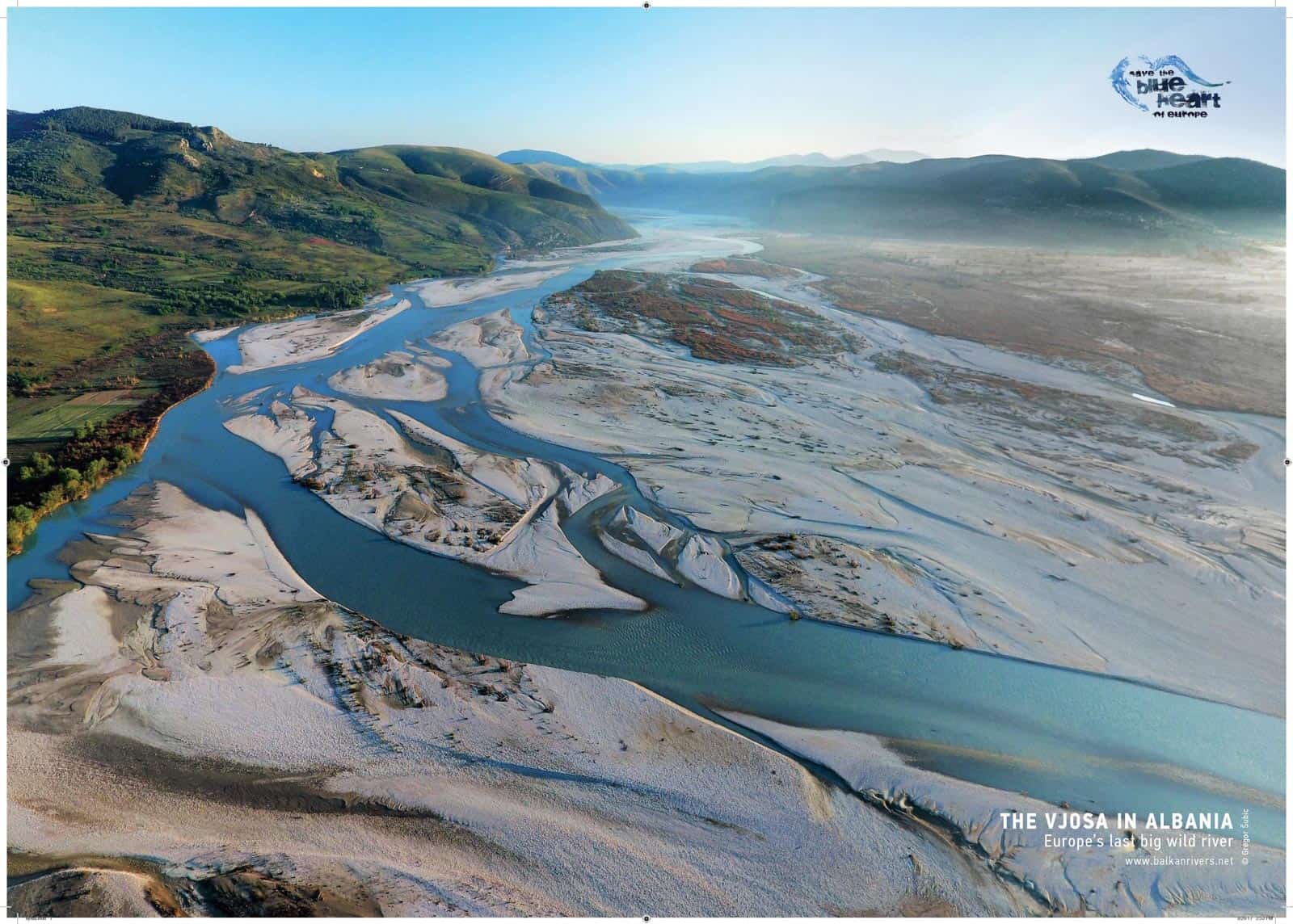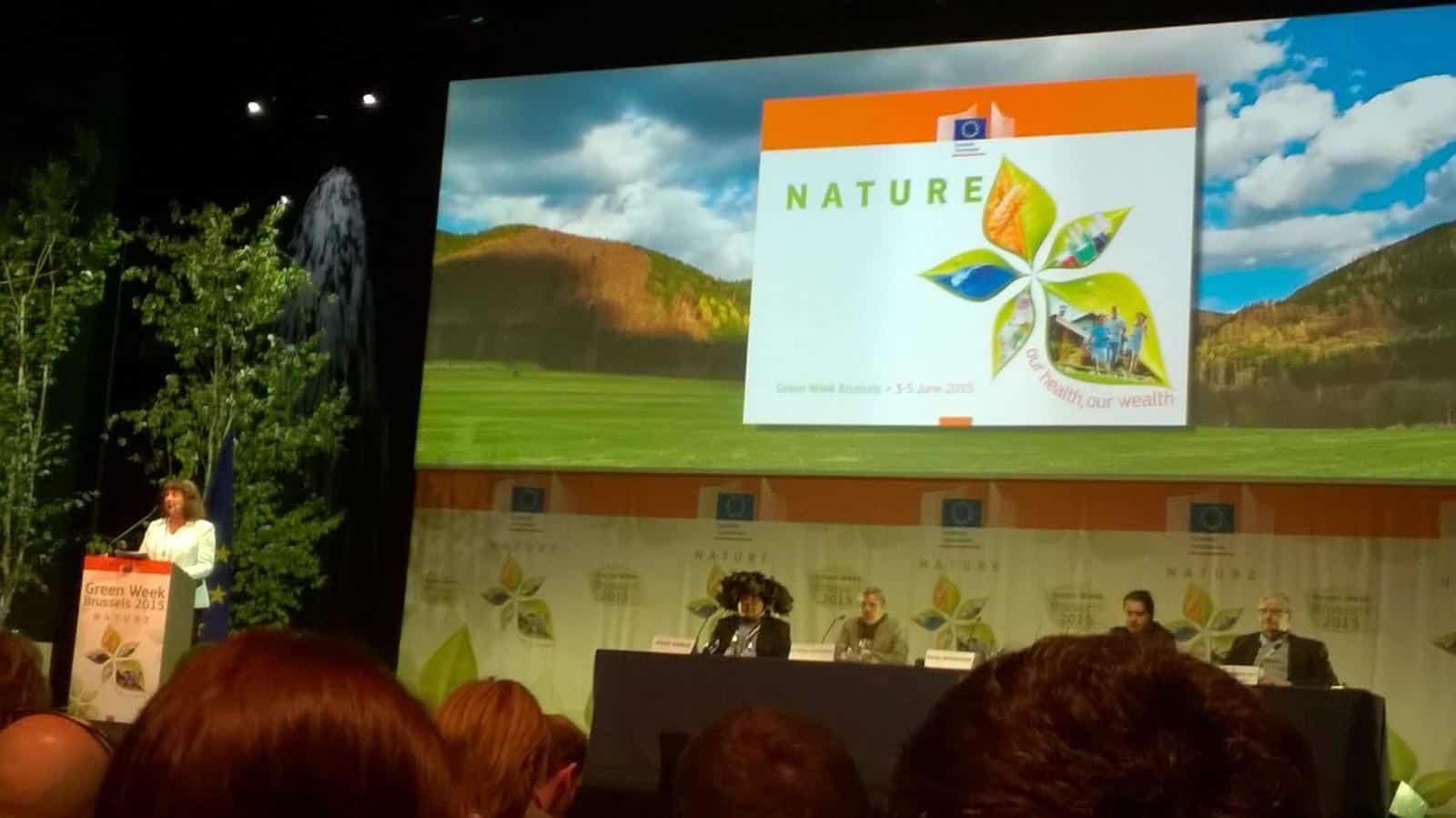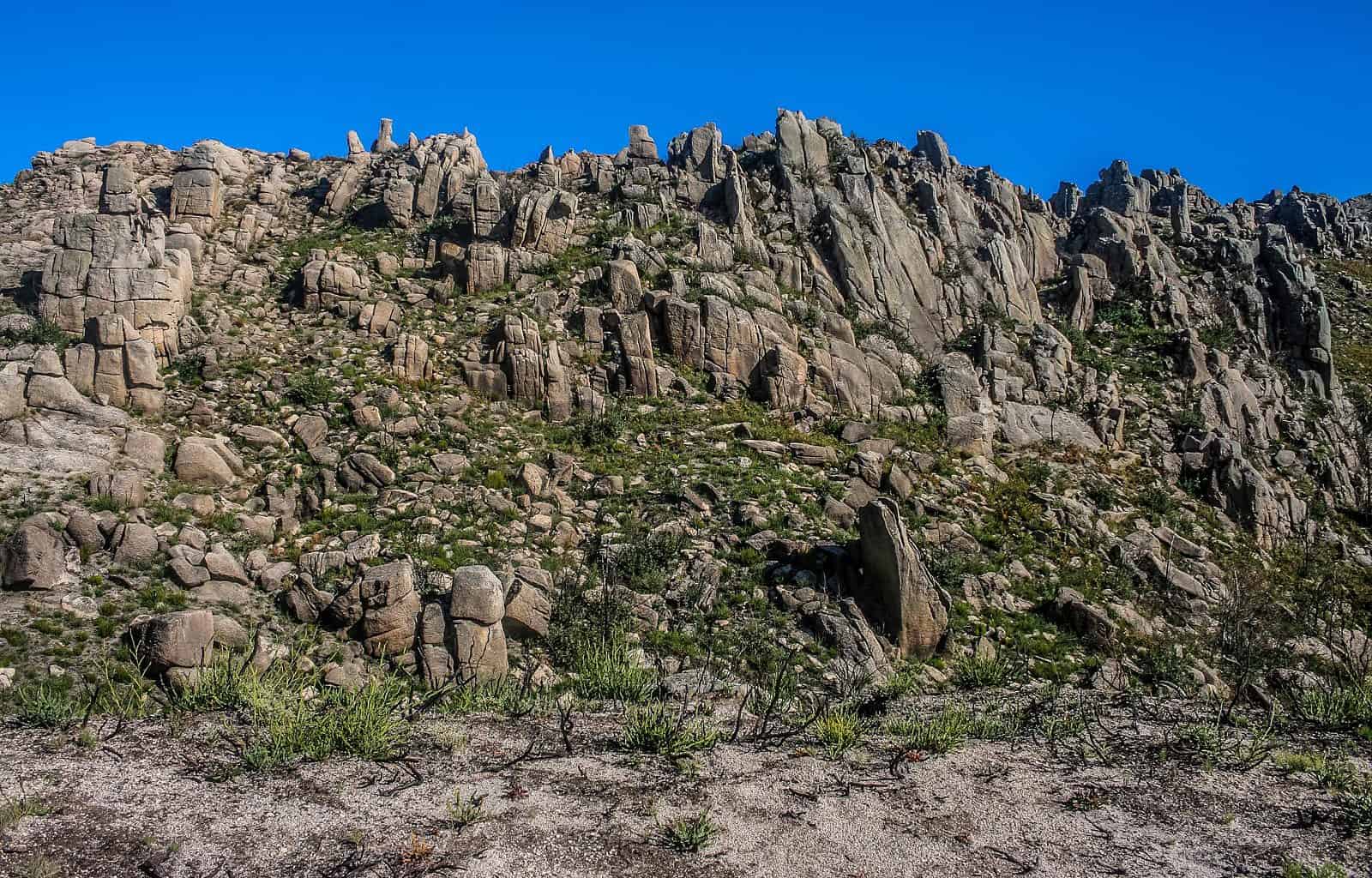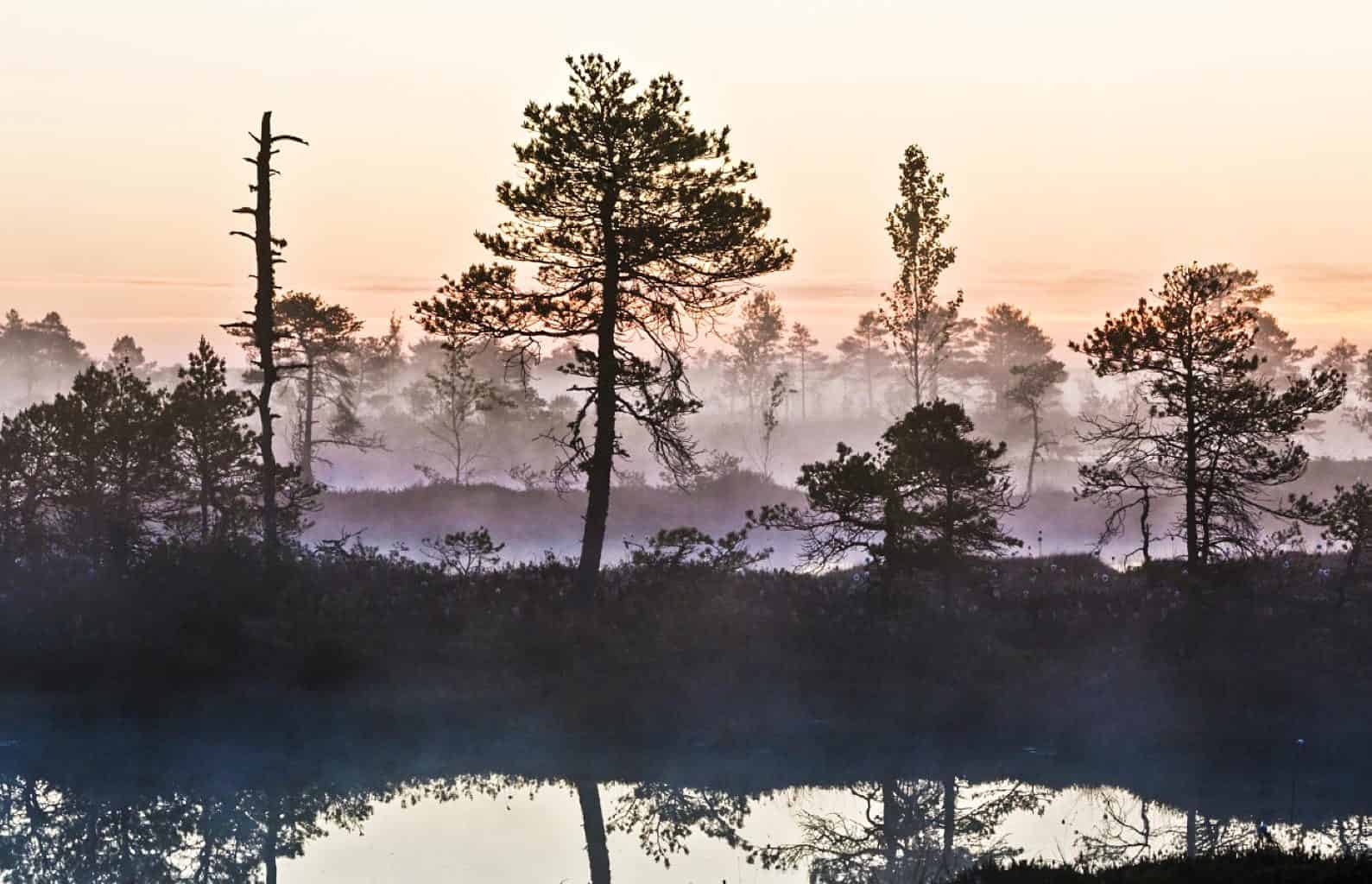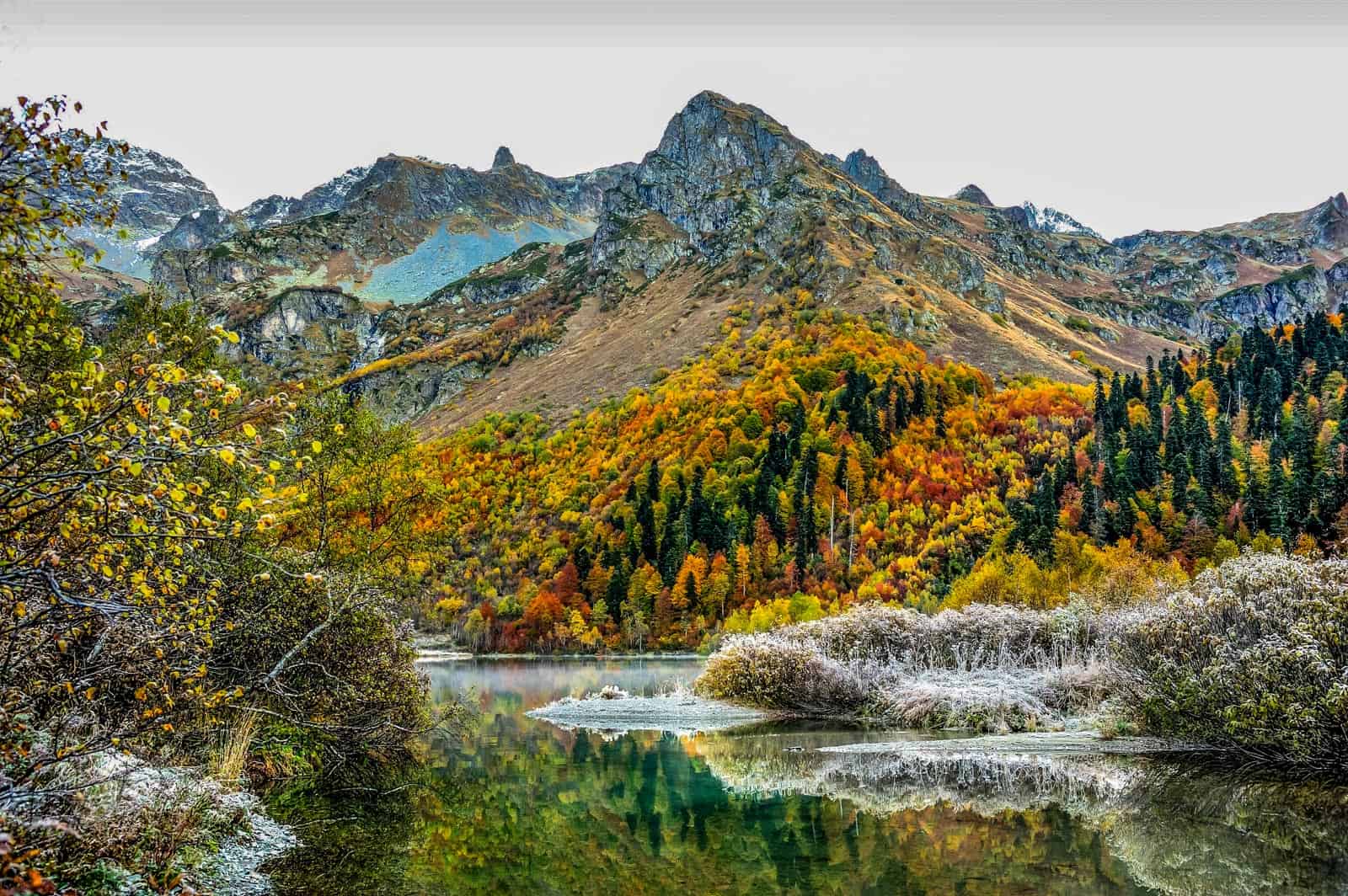A river in New Zealand legally becomes a person
In 2017, an exceptional incident occurred. Whanganui River became the first waterway in the world to get legal personhood. The third-longest river in New Zealand can now be represented in court and has two guardians to speak on its behalf. Environmentalists and Indigenous rights advocates praised this unprecedented event . Other countries have also followed the fascinating Whanganui’s example. Two rivers in India have been declared legal entities, and Bangladesh gave all its rivers legal rights. On the other hand, even if it is an unprecedented event in the nature conservation world, it is not so uncommon in other spheres. For example, companies and ships can be legal persons. Guardians can be appointed to speak on behalf of those who cannot speak for themselves, such as children or people with disabilities.
Please also read: Belá WILDRiver under Threat
Whanganui River and Māori relationship
Whanganui River and the local indigenous Māori have an intertangled lives for hundreds of years. The 290 km long waterway was central to the lives of people along the banks of the river. The river provided them with food, water, medicine and acted as a spiritual mentor. Māori considered the river to be both the memory of the past and prophet of the future, the “main highway” of their lives. Māori perceive all rivers as a single and indivisible entity and not something that could be owned. Although the river’s resources could be used, only people who contributed to the community had the right to benefit. The local Māori even had a proverb they used to sum it up: “I am the river, and the river is me.”
Colonization and destruction of the river
Unfortunately, the special relationship was interrupted when the British colonialists industrialized Whanganui River in the 1800s. The river was polluted by discharge and land clearances and gravel extraction replaced shingle banks with mud. In addition, sewage discharge and run off from riverside farms have been increasing throughout the years. Thus, the Whanganui River could not be a source of life for local Māori anymore.
The colonization era was tense, often violent and not only Whanganui River was damaged. British business men bought huge pieces of land in what are now seen as unfair deals. In other cases, when Māori challenged the authority of incoming British colonizers, the colonial government violently confiscated land. And then the newcomers started imposing new rules on land and sea. Under English law, the river wasn’t seen as one entity anymore. It was a patchwork of legally separate parts – water and river beds and air space above the water – all controlled by different laws and owners. The parts of the river that were navigable, for instance, were legally separate from the parts that were not.
The fight for Whanganui and Māori rights
Ever since colonizers stepped into the Whanganui region, local Māori have been fighting to have their own view of the river recognized. Already back in 1870, Māori began sending petitions to the colonial government, asking them to recognize local people’s rights. Petitions did not stop during the later decades. A steady stream of petitions regarding river protection and Māori rights were sent to the government for more than 100 years. Sadly, by the time Whanganui River gained recognition and legal protection that it deserves, many of the people who had fought to make it happen were no longer alive.
In 2017, a new law came into power, which states that Te Awa Tupua was recognized as an “indivisible and living whole, comprising the Whanganui River from the mountains to the sea, incorporating all its physical and metaphysical elements.” In addition, local Māori appointed two guardians to speak on the river’s behalf.
Perception shift
Environmental law experts claim that the Whanganui River law was the start of a perception shift not only in the people who live nearby the river, but also further afield. The practice of legal personhood could help with environmental protection of many natural resources.
When we see rivers as living beings that are part of our community, itprofoundly changes the way we speak about them, the way we make laws about them, the way we make decisions about them.

Most importantly, it is a great win for all indigenous people. Jacinta Ruru, an expert in environmental and Māori law at Otago University, says that legal personhood represents a fundamental move from a Western to a Māori perspective. And Whanganui River Māori claim that the river’s legal personhood means acknowledgment and respect of Māori. This can have broader social effects on how society treats Māori.

